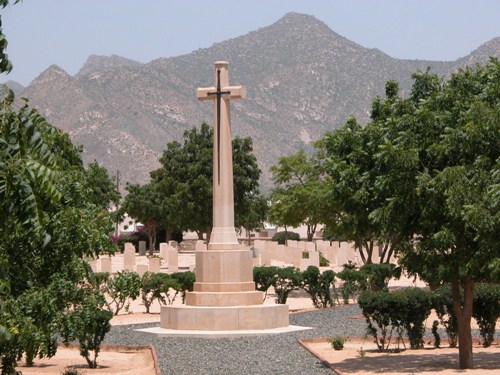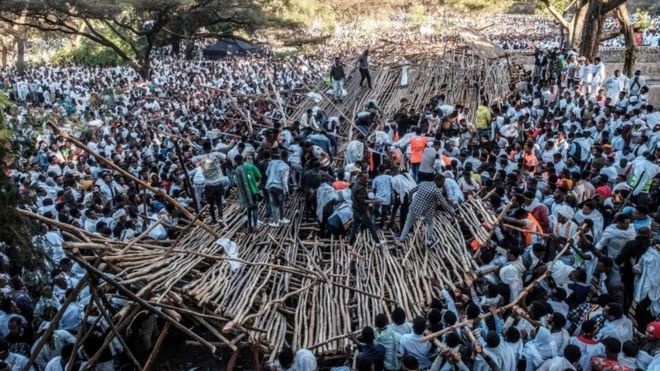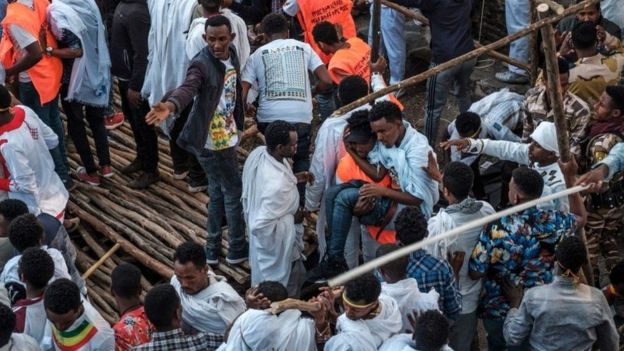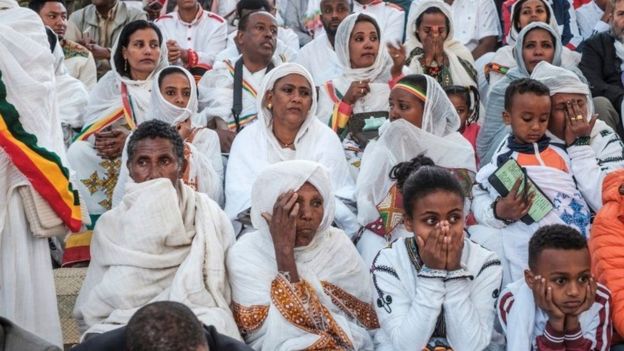Source: All Party Parliamentary Group for Eritrea
 Yesterday afternoon Kate Osamor MP was announced as the newly elected Chair of the APPG for Eritrea. Kate brings her experience as Shadow Secretary of State for International Development and as long time Chair of the APPG for Nigeria.
Yesterday afternoon Kate Osamor MP was announced as the newly elected Chair of the APPG for Eritrea. Kate brings her experience as Shadow Secretary of State for International Development and as long time Chair of the APPG for Nigeria.
The reformed All-Party Parliamentary Group for Eritrea has a total of 18 members, including first time MPs and one who started first as an MP in 1979.
The group benefits from the experience of three former Foreign Office Ministers, including Harriett Baldwin who was Minister for Africa until late 2019, as well as members of the International Relations Committee and other regional and topical APPGs.
With members from Labour, Conservative, Scottish National Party, Liberal Democrats and Green Party the APPG for Eritrea covers every political persuasion in Westminster in both Commons and Lords.
The APPG has already spoken to the UK Ambassador to Eritrea and has invited the Eritrean Ambassador to Parliament for a frank private discussion on areas of concern and potential cooperation.
Since reforming after the election members have met to discuss the possibility of a delegation to Asmara and have started to formally review the benefits of diplomatic engagement with the Eritrean regime. The APPG is looking at taking a comprehensive look at the UK’s relationship with Eritrea, including the possibility of increased cooperation on international development and the actions of the Eritrean embassy in the UK. The APPG has also invited Human Rights Watch and academic experts on Eritrea to give evidence in Parliament on indefinite military conscription in the next few weeks. The officers hope to begin formal hearings in an enquiry on UK/Eritrean relations in the near future.
Officers
Chair Kate Osamor, Formerly Shadow Secretary of State for International Development
co-Chair Thangam Debbonaire
co-Chair Baroness Goudie, Advisor to the Georgetown Institute for Women, Peace and Security
Vice-chair Baroness Anelay, Chair of the international Relations Committee
Vice-chair Harriett Baldwin, Minister for Africa 2018-2019
Vice-chair Lord Alton, Member of the International Relations Committee
Vice-chair Stephen Doughty, Chair of the Somaliland APPG
Vice-chair Flick Drummond, Chair of the Women, Peace and Security APPG
Vice-chair Philip Hollobone
Vice-chair Lord Chidgey
Vice-chair Fleur Anderson
Vice-chair Mark Pritchard
Vice-chair Bishop of Salisbury
Vice-chair Theo Clarke
Members
Caroline Lucas, Leader of the Green Party
Lord Luce, Former Foreign Office Minister
Laurence Robertson, Chair of the APPG for Ethiopia and Djibouti
Patrick Grady, Former SNP International Development Spokesperson
Source=https://eritreahub.org/british-politicians-plan-visit-to-eritrea






 The EU Parliament’s Rapporteur to the Committee on Budgetary Control, Michele Rivasi has released
The EU Parliament’s Rapporteur to the Committee on Budgetary Control, Michele Rivasi has released 

































